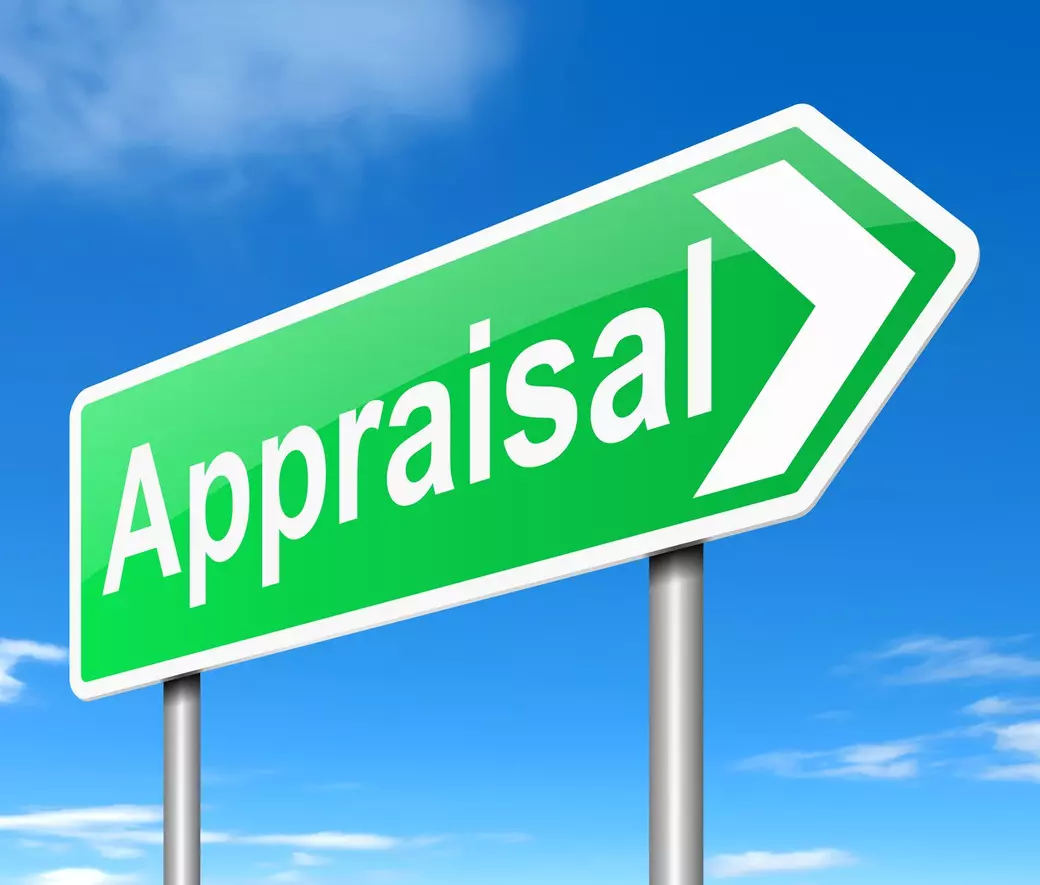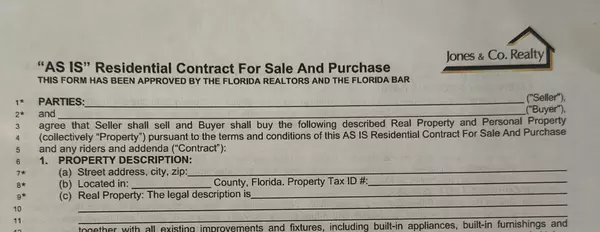The Appraisal: What You Must Know When you Sell a Home

First things first, it's vital to understand that the value of your home isn't just subjective; it's also objective, especially in the eyes of lenders. No matter how confidently you've priced your property, the final say comes from the appraiser. So, what exactly goes into determining the value of your home?
The buyers' lender will order an appraisal of the home before giving them the final decision on their loan application. Appraisers consider a variety of factors to assess a property's worth. They'll inspect the condition of your home, check its features, and compare it to similar properties in the area. The goal is to arrive at a fair and realistic market value. Here's a sneak peek into what appraisers typically look for:
-
Condition of the Property: The overall condition of your home plays a pivotal role. Well-maintained properties tend to fare better in appraisals.
-
Comparable Sales: Appraisers analyze recent sales of similar homes in your neighborhood. These "comps" provide a benchmark for your property's value.
-
Location, Location, Location: Proximity to amenities, schools, and public services can impact your home's value. A prime location often translates to a higher appraisal.
-
Upgrades and Features: Renovations and unique features can add value. The more appealing your property is, the better it's likely to be appraised.
Now, what happens when the appraisal comes in lower than expected? This is a scenario every seller dreads, but it's crucial to handle it with finesse. Here are a few steps to navigate through a low appraisal:
-
Review the Appraisal: Carefully go through the appraisal report. Look for any discrepancies or missed details that could potentially be rectified.
-
Get a Second Opinion: In some cases, a second appraisal might be warranted, especially if you feel the first one was not thorough or accurate.
-
Negotiate with the Buyer: If the appraisal comes in low, it's time for a heart-to-heart with the buyer. Negotiate terms that are fair for both parties. The buyer typically has five choices when an appraisal comes in under the agreed-upon sale price, ask the seller to lower the price, increase the cash down payment, negotiate with the seller to pay half of the shortfall, dispute the appraisal, or walk away from the deal.
-
Reevaluate Your Asking Price: While it's disheartening, consider adjusting your asking price based on the appraisal. This might be the key to keeping the deal on the table.
Remember, a low appraisal doesn't have to be a deal-breaker. It's a hurdle that can be navigated with the right approach and open communication. By understanding the intricacies of the appraisal process, you position yourself as an informed and proactive seller, making the journey smoother for everyone involved.
Categories
- All Blogs 338
- 55+ Communities 9
- Boating Communities 9
- First Time Home Buyer 110
- Florida Lifestyle 67
- Foreclosures 2
- Fun Things to do in Lee County, Florida 37
- Golf Communities 23
- Home Buyer Tips 125
- Home Seller Tips 102
- Homeowner Tips 61
- Mortgage Tips 37
- Neighborhoods 62
- Schools 3
- Title & Escrow 2
- Title Insurance 4
Recent Posts










GET MORE INFORMATION

Billee Silva, PA, ABR SRS
Licensed Realtor | License ID: P3275278
Licensed Realtor License ID: P3275278
